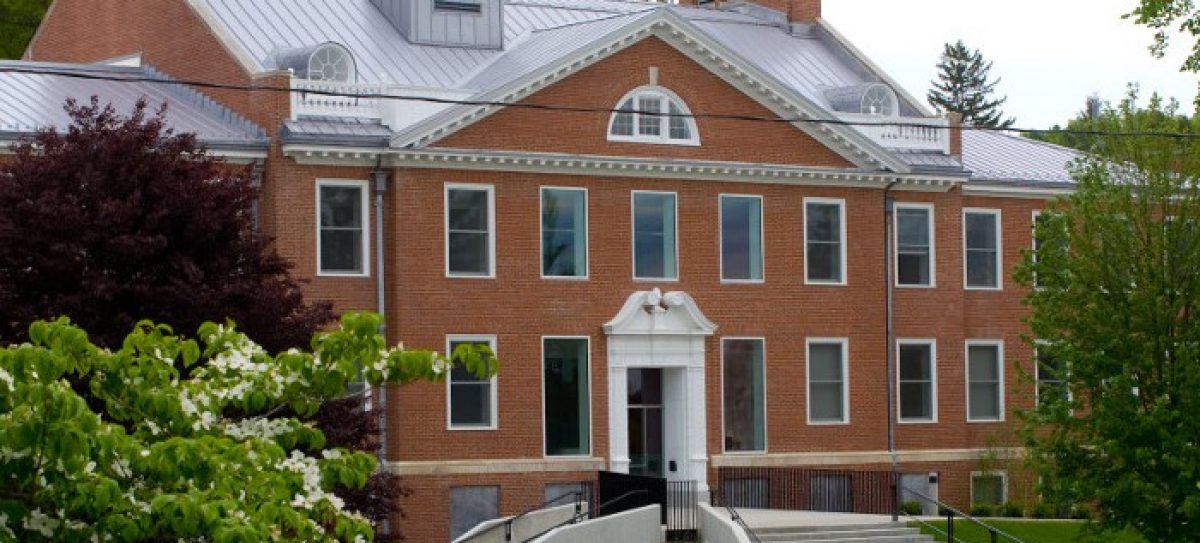Welcome to the second installment of our Research Spotlight series highlighting at some of the recent research undertaken by graduates from our Doctor of Nursing (DNP) program. This will look at Maria Theresa Panizales’ work on refugee health education.
“Refugee Health Education: ‘Learn to Succeed. Together We Build Our Community’” – Maria Theresa P. Panizales
Background: The United States Refugee Resettlement Program (RRP) advocates and supports resettled refugees towards self-sufficiency within 8 months of arriving in the US. The program assumes that refugees are able to attain autonomy within a limited time frame notwithstanding a lack of English language proficiency, low literacy, and socio-cultural discordance. After the RRP support, resettled refugees continue to experience disparities in health knowledge and a gap in socio-cultural awareness, which contribute to poor health outcomes.
Purpose: To develop, implement, and evaluate the impact of a comprehensive culturally sensitive health education program in addressing resettled refugees’ identified health needs resulting from a lack of support after the RRP period ends.
Results: Eleven of the thirteen (85%) resettled refugee participants completed the health education program. Descriptive statistical analysis was used to compare pre- and post-health education program surveys and revealed improvement in knowledge and skills in the following key areas: emergency care (38% vs. 54%), medication utilization (69% vs. 91%), nutrition (38% vs. 64%), child immunization (77% vs. 91%), signs of stroke (0% vs. 18%) and management of bleeding (0% vs. 55%).
Conclusion: The comprehensive culturally sensitive health education program demonstrated improvement in knowledge and skills in selected health education areas. The resettled refugees were empowered with health knowledge, skills, and support after the RRP that facilitated the attainment of the program’s expected goal of health outcome improvement. The program’s long-term effects on health-related knowledge and skills have the potential to change the refugees’ health outcome.
